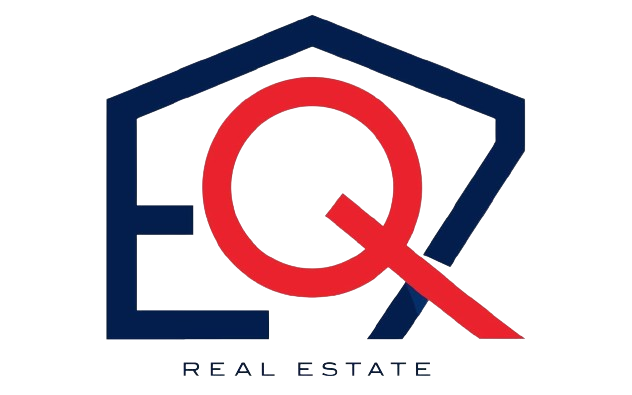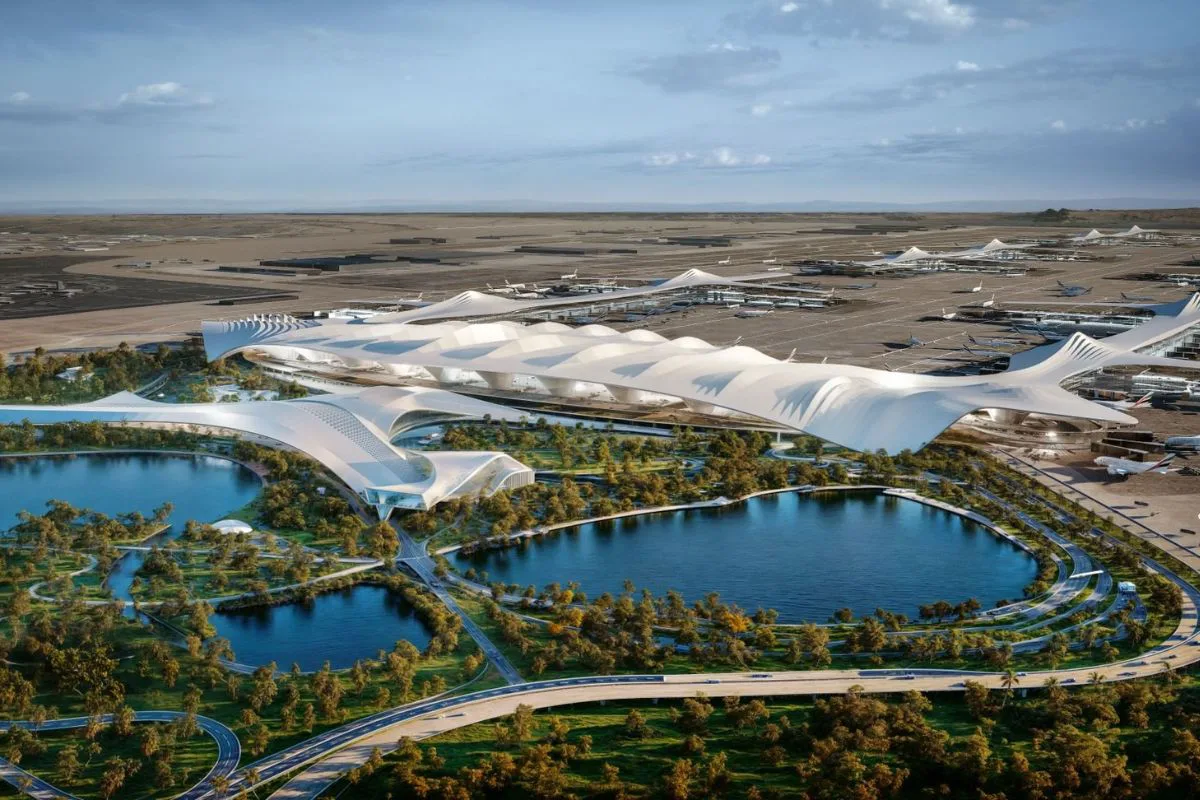Dubai South, a rapidly developing district near Al Maktoum International Airport, is driving a new wave of real estate growth in the UAE, with agency Unique Properties reporting AED20 billion in sales amid surging investor interest.
The 145 square-kilometre integrated ecosystem of Dubai South is attracting both end-users and investors, fueled by major infrastructure projects and favourable economic policies.
Dubai South’s rise as a real estate hotspot is anchored by the ongoing major $35 billion expansion of Al Maktoum International Airport. This project aims to create the world’s largest airport, with a capacity of 260 million passengers, five times that of the current Dubai International Airport.
The district has seen a 22.8 percent increase in rental yields over the past six months, with property valuations reaching AED211.4 million. Projections suggest the area could accommodate up to one million residents and create over 500,000 new job opportunities in the coming years.
The district’s appeal is further enhanced by its status as a freezone, offering benefits such as 100 percent foreign ownership, tax exemptions, and on-site visa and licensing services. These factors are attracting businesses across various sectors, including technology, events, and hospitality.
Major developers transforming Dubai South
Sustainability is a key focus in Dubai South’s development. The district incorporates smart city and green technologies, aligning with the UAE’s vision for eco-conscious communities. This approach is resonating with environmentally conscious investors and end-users alike.
Major developers are already making their mark in Dubai South. DAMAC is planning upscale residential projects, while Emaar is developing a golf course community. The transformation of Expo City into a modern integrated village further adds to the district’s appeal.
As Dubai South continues to evolve, it presents a stark contrast to more established areas like Downtown Dubai, Business Bay, and Dubai Marina, the company said in a statement on Tuesday. The relatively lower costs and high growth potential are attracting investors looking for early-mover advantages in what could become Dubai’s next prime location.

